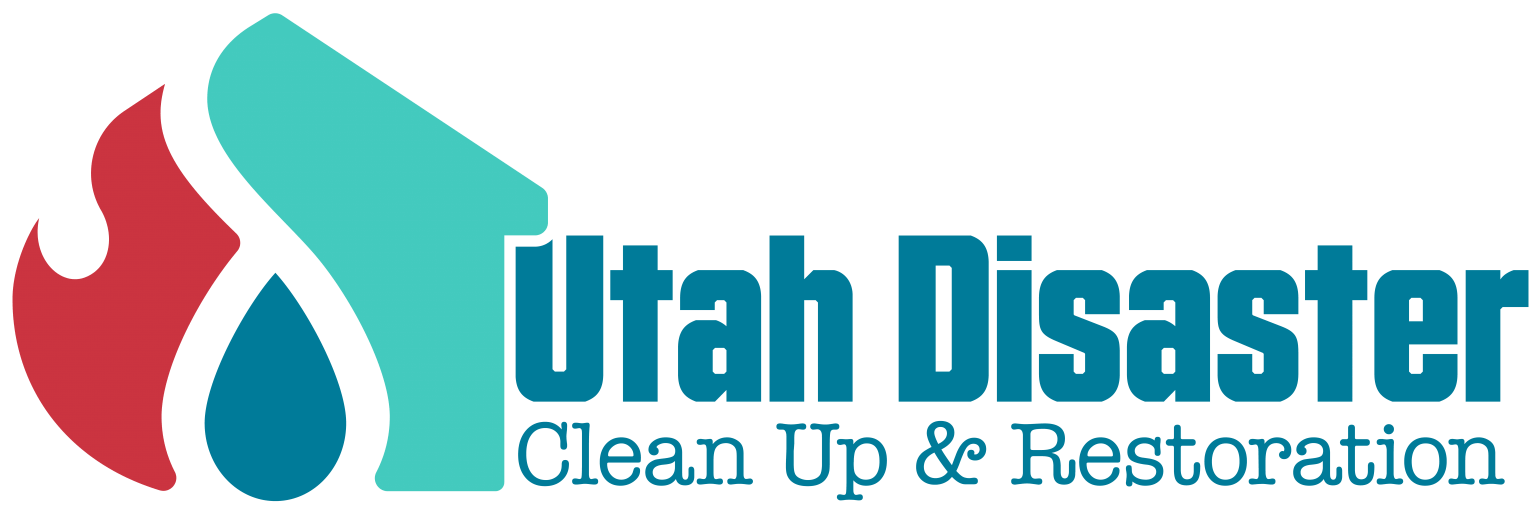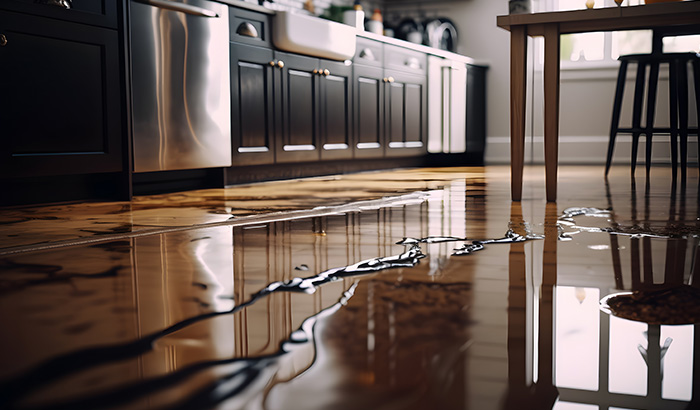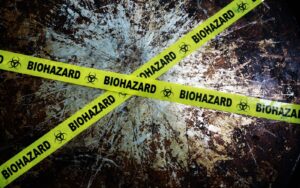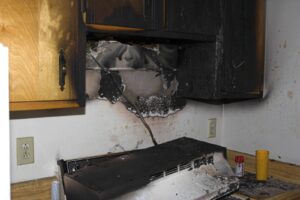Imagine returning home after a long day, only to be greeted by an unmistakable, foul odor wafting through the air. As you step inside, a sense of dread washes over you. The source of the stench becomes horrifyingly clear: your sewage system has backed up.
Contaminated water ominously bubbles up from your shower drain, spilling over from the sink, and your toilet bowl is a swirling mess of sewage. The sight is stomach-turning, and the smell is overwhelming, a pungent reminder of the chaos unfolding in your home.
Often overlooked, the risks associated with sewage go beyond unpleasant odors or unsightly messes. The implications of improper sewage management extend far beyond surface-level inconveniences.
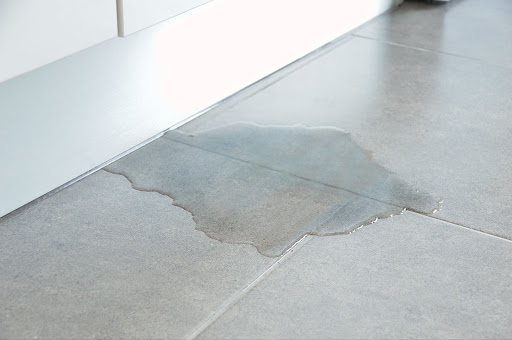
We’re here to flush out the multifaceted dangers of sewage and why it demands immediate and professional attention. From the health risks posed by bacteria and viruses to the structural damage inflicted on properties, the consequences of sewage exposure have a significant impact.
Whether you’re a homeowner, a business operator, or simply curious about the intricacies of this issue, this blog will equip you with the essential knowledge and reasons to prioritize sewage safety in your environment.
1. Health Risks
Let’s start with the most obvious one that directly affects people — health concerns and sanitation.
1. Bacterial and Viral Infections
Why is sewage harmful? The answer lies in its high concentration of bacteria and viruses. Sewage is a breeding ground for pathogens like E. coli, Salmonella, Hepatitis A virus, and others. These microorganisms enter the body through direct contact, ingestion of contaminated water, or even inhalation of aerosolized particles, leading to infections that range from mild gastrointestinal discomfort to severe, life-threatening illnesses.
2. Risk of Disease
Exposure to sewage without proper protective measures puts occupants at risk. Contact with sewage may lead to a variety of illnesses, including gastroenteritis, hepatitis, and leptospirosis. These diseases manifest in symptoms like fever, vomiting, diarrhea, and jaundice. Each of these can have long-term health implications if not promptly treated.
2. Environmental impact
1. Contamination of Water Sources
Proper sewage management revolves around its impact on the environment, particularly water sources. Sewage spills lead to the contamination of both groundwater and surface water bodies like rivers, lakes, and oceans.
This sewage pollution poses a significant threat to aquatic life, disrupting ecosystems and potentially leading to large-scale ecological imbalances. The pollutants and pathogens in sewage deplete oxygen levels in water, harming fish and other marine organisms.
This contamination can also make its way into human water supplies, affecting not just the environment but also public health.
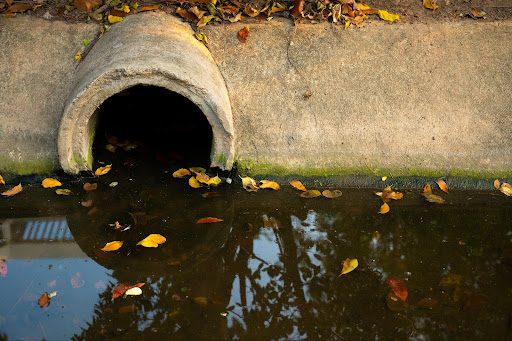
Impact on Wildlife and Ecosystems
The harm sewage causes extends beyond water contamination. It also has detrimental effects on land-based ecosystems and wildlife.
Nutrient overload from sewage may lead to algal blooms, which suffocate aquatic environments and create dead zones where life struggles to survive. Terrestrial animals coming into contact with sewage-contaminated areas can transmit diseases to other wildlife or even humans.
This chain of impact highlights the importance of responsible sewage management. Preventing sewage leaks and spills is more than maintaining human health and property; it’s preserving the delicate balance of our natural ecosystems.
The environmental consequences of sewage underscore the need for prompt and thorough sewage cleanup.
3. Structural Damage
1. Corrosion and Deterioration
A less apparent but equally vital reason for the question, “Why is sewage harmful?” lies in its ability to cause structural damage. Sewage has corrosive elements and contaminants that deteriorate building materials. Metals are susceptible to rust and corrosion, while wood rots and weakens when exposed to sewage.
This deterioration goes beyond the surface level. A building’s structural integrity becomes compromised, leading to costly repairs and, in severe cases, posing safety risks. The acidic nature of sewage also damages plumbing systems, leading to leaks and further exacerbating the problem.
Effective sewage management is essential to prevent these types of damage and maintain the longevity of a property.
2. Long-term Property Damage
The impact of sewage on a property extends beyond immediate damage. Prolonged exposure to sewage leads to persistent issues like mold growth and unpleasant odors that are difficult to eliminate. These issues affect the livability of a space and reduce its value.
In residential settings, this is particularly distressing. Homes are financial investments and personal havens of safety and comfort. In commercial properties, sewage damage disrupts business operations and leads to revenue loss. This underscores the importance of prompt and thorough sewage cleanup.
3. Odor and Air Quality
1. Unpleasant Odors
A direct and immediate indicator of sewage’s harm is the presence of strong, unpleasant odors. These odors are a sign of harmful gasses and compounds released by sewage. These include hydrogen sulfide, ammonia, and other volatile organic compounds, which produce a foul smell and are harmful if inhaled over time.
The odors might permeate a property, affecting the quality of life and making spaces unlivable. This aspect of sewage underscores the urgency of effective sewage management and cleanup. In addition, these odors are often the first sign of a deeper, more severe issue.
2. Airborne Contaminants
Beyond the odors, sewage impacts indoor air quality. The contaminants and pathogens in sewage can become airborne, especially during cleanup or if the sewage is agitated. Breathing in these contaminants may lead to respiratory issues, allergic reactions, and other health problems. This risk is particularly high in enclosed spaces with poor ventilation.
Addressing sewage spills involves removing visible waste while ensuring the air quality is restored to safe levels. Professional sewage cleanup services come equipped to handle these challenges, using specialized equipment like air scrubbers and HEPA filters to cleanse the air and protect the health of occupants.
4. Cleanup Challenges
Difficulty in Remediation
One of the most daunting aspects of sewage spills is grappling with the challenges it presents during cleanup. For the layperson, it’s hard to know where to start.
Sewage cleanup is far from straightforward. The process is complex, requiring a thorough approach. The variety of contaminants present in sewage necessitates a thorough and multifaceted remediation strategy. Plus, the risk of cross-contamination during the cleanup process exacerbates the situation.
5. Need for Professional Services
Professional sewage cleanup services are necessary given the health risks, environmental concerns, and potential for property damage. They have the tools, protective gear, and expertise to safely and effectively manage sewage cleanup. They follow strict protocols to contain affected areas, remove the sewage, sanitize the space, and restore air quality.
Attempting to tackle sewage cleanup without the proper knowledge and equipment leads to incomplete remediation, ongoing issues, and increased risks to health and property. Professional services ensure that the cleanup is thorough, reducing the likelihood of lingering problems and providing peace of mind to property owners.
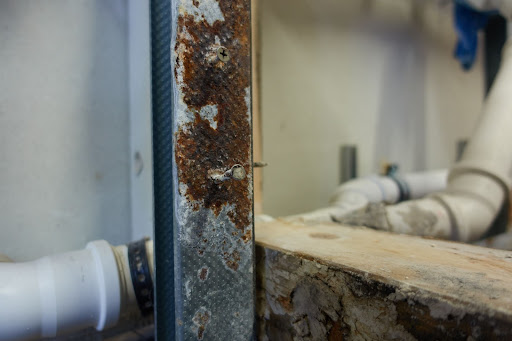
6. Legal and Compliance Issues
1. Regulatory Concerns
Multiple environmental laws and regulations govern the handling and disposal of sewage to protect public health and the environment. Non-compliance with these regulations will result in significant legal repercussions, including fines and penalties. For property owners, this means that proper sewage management is a matter of health, safety, and a legal obligation.
Sewage cleanup must adhere to local, state, and federal regulations in order to avoid legal complications.
2. Liability and Responsibility
In the event of a sewage spill, determining liability and responsibility is vital. Property owners may be responsible for any damage or health risks caused by sewage on their property. If property owners neglected their property’s maintenance or improperly handled the situation, then they are more likely to be found liable.
This responsibility extends to conducting the cleanup process according to all relevant laws and safety standards.
Professional sewage cleanup services are well-versed in these regulations and can help property owners navigate the complex legal landscape. Property owners mitigate their liability risks by engaging experts and ensuring that the cleanup process complies with all necessary legal requirements.
Trust Utah Disaster Cleanup for Expert Sewage Remediation
Why is sewage harmful? The risks associated with sewage spills range from health hazards and environmental damage to structural deterioration and legal complications. Navigating these challenges requires expertise, precision, and a thorough understanding of sewage management.
At Utah Disaster Cleanup, we recognize the severity and urgency of sewage-related issues. Our team of professionals has the knowledge, tools, and experience necessary to handle even the most challenging sewage cleanup scenarios. We adhere to the highest standards of safety and compliance. We undertake every cleanup task with utmost care and follow all regulatory requirements.
If you’re facing a sewage spill or are concerned about sewage-related damage, don’t hesitate to reach out to us. We provide comprehensive sewage cleanup services that address the immediate issue while also helping prevent future problems. We aim to restore your property to a safe, clean, and habitable condition.
Contact Utah Disaster Cleanup today for expert assistance and reliable service in managing sewage cleanup and restoration. Reach out to us directly through our contact page. For immediate assistance, call us at (435) 512-1584. Trust us to be your partner in ensuring a safe, clean, and healthy environment.
